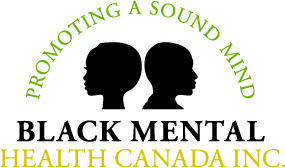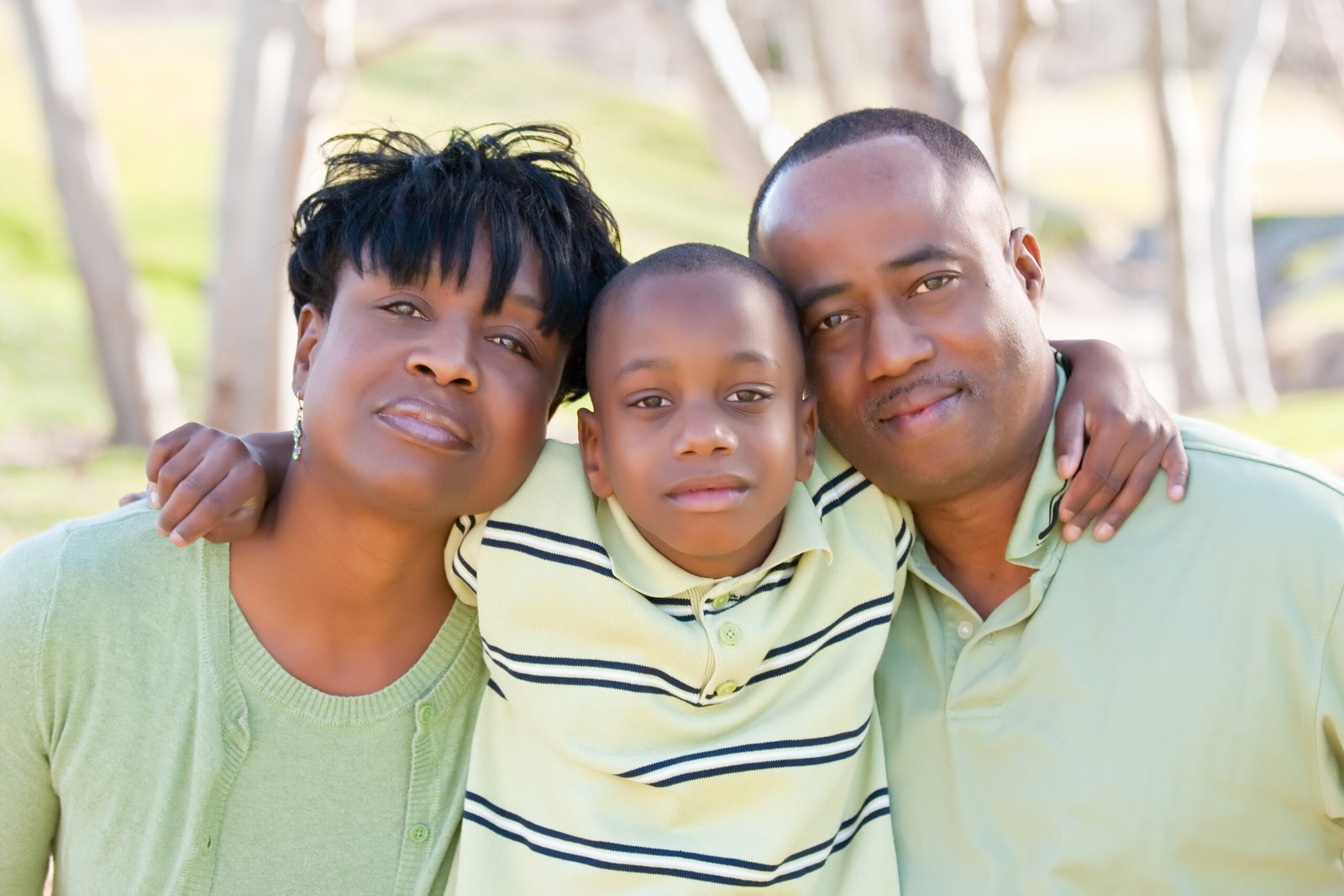How much does trauma as a child impact us as adults? In the context of Black mental health, the answer is both profound and urgent. For Black men and women, unhealed childhood trauma can shape emotional responses, self-perception, relationships, and even physical health. And yet, many of us walk around unaware of how deeply rooted our adult challenges are in our early experiences. This article explores the emotional, psychological, and cultural consequences of childhood trauma, especially within the Black community—and what it means to begin healing.
🧠 What Is Childhood Trauma?
Understanding how much does trauma as a child impact us as adults starts by defining what we mean by trauma. Childhood trauma includes adverse events that overwhelm a child’s ability to cope, such as:
- Physical, emotional, or sexual abuse
- Neglect or abandonment
- Loss of a parent
- Witnessing violence
- Growing up in poverty or with instability
- Experiencing systemic racism or discrimination
These experiences, especially when unacknowledged, can silently influence behavior and mental health well into adulthood.
🚨 How Trauma Shows Up in Adults
Many Black men and women are told to “move on” or “be strong,” but trauma doesn’t vanish—it resurfaces in different forms such as
Emotional Dysregulation: People with unresolved trauma may:
- Overreact to minor stress
- Numb out emotionally
- Experience anxiety or depression
Trust and Attachment Issues
- Struggle with commitment
- Fear abandonment
- Become overly dependent or emotionally detached
Hypervigilance-Growing up unsafe makes you live on high alert, leading to:
- Difficulty relaxing
- Sleep disturbances
- Feeling constantly under threat
Workaholism and Perfectionism-In Black communities, trauma can drive people to overachieve as a way to feel worthy or safe. This can lead to:
- Burnout
- Imposter syndrome
- Identity tied solely to productivity
Physical Illness-Studies show trauma is linked to:
- High blood pressure
- Diabetes
- Chronic fatigue
- Autoimmune diseases
👥 How This Affects Black Men and Black Women Differently
Black Men: Cultural and systemic expectations force many Black men to suppress vulnerability. Trauma may manifest as:
- Anger or withdrawal
- Avoidance of mental health care
- Substance use as coping
Black Women: Expected to be caretakers, Black women often ignore their trauma to meet the needs of others. This results in:
- High-functioning depression
- Emotional exhaustion
- Difficulty asking for help
Understanding how much does trauma as a child impact us as adults requires acknowledging how gender and race intersect to shape coping mechanisms in our community.
🔧 Steps Toward Healing from Childhood Trauma
Acknowledge the Trauma- Awareness is the foundation. Name what happened. Validate your experience.
Seek Culturally Safe Therapy-Healing in Black mental health must be culturally affirming. Find a therapist who:
- Understands racial trauma
- Respects your spiritual and cultural background
- Access therapists who offer trauma-informed care
Reconnect with Your Inner Child-Journaling, art, and mindfulness practices can help you comfort and validate the part of yourself that was hurt and silenced.
Set Boundaries-Limiting contact with people who invalidate your healing is essential.
Join a Community-Healing happens in relationship. Whether it’s a support group or cultural gathering, Black men and women need spaces where they feel seen and safe.
📋 Recap: So, How Much Does Trauma as a Child Impact Us as Adults?
In Black mental health, the answer is: deeply—but not irreversibly. Unresolved childhood trauma explains much of the adult anxiety, anger, avoidance, and emotional fatigue that many Black men and women carry. But knowing the root of the wound allows us to begin the work of healing it—with support, compassion, and culturally grounded care.
Resources



